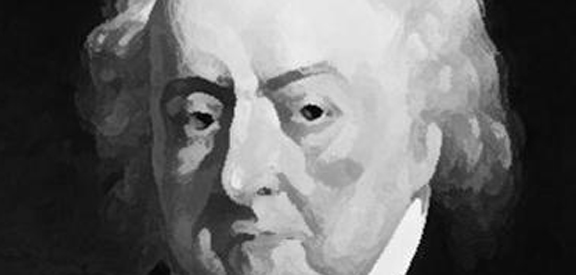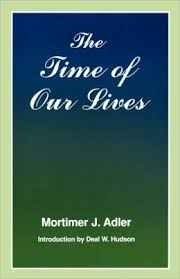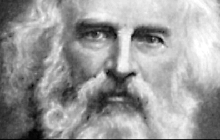HUMAN’ITY, *n.* [L. *humanitas*] 1. The peculiar nature of man, by which he is distinguished from other beings. 2. The kind feelings, dispositions, and sympathies of man, by which he is distinguished from the lower orders of animals; kindness; benevolence; especially, a disposition to relieve persons in distress, and to treat with tenderness those who are helpless and defenseless; opposed to *cruelty*.
——-
“Human nature itself is evermore an advocate for liberty. There is also in human nature a resentment of injury, and indignation against wrong. A love of truth and a veneration of virtue. These amiable passions, are the “latent spark” . . . If the people are capable of understanding, seeing and feeling the differences between true and false, right and wrong, virtue and vice, to what better principle can the friends of mankind apply than to the sense of this difference?” –John Adams. Date: 1775. “The Novanglus”
“Government is instituted for the common good; for the protection, safety, prosperity, and happiness of the people; and not for profit, honor, or private interest of any one man, family, or class of men; therefore, the people alone have an incontestable, unalienable, and indefeasible right to institute government; and to reform, alter, or totally change the same, when their protection, safety, prosperity, and happiness require it.” –John Adams. Date: 1776. Thoughts on Government
“Because power corrupts, society’s demands for moral authority and character increase as the importance of the position increases.” – John Adams
“We have no government armed with power capable of contending with human passions unbridled by morality and religion. Avarice, ambition, revenge, or gallantry, would break the strongest cords of our Constitution as a whale goes through a net. Our Constitution was made only for a moral and religious people. It is wholly inadequate to the government of any other.” –John Adams. Date: October 11, 1798.










